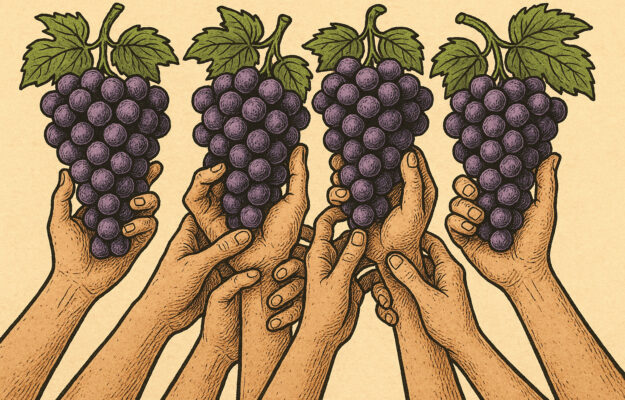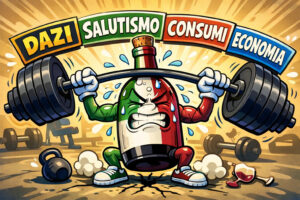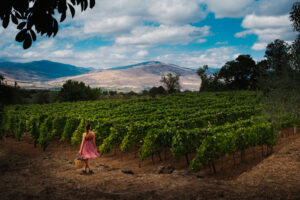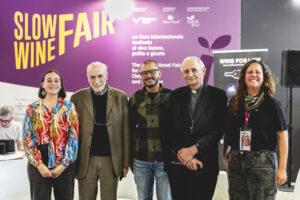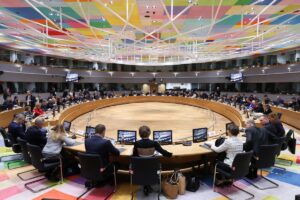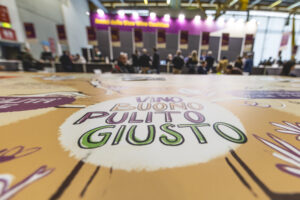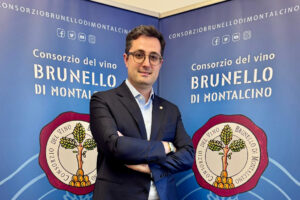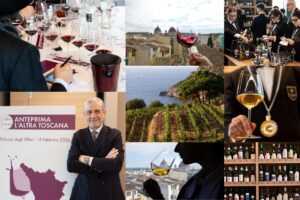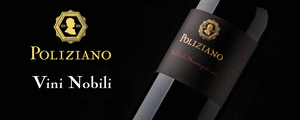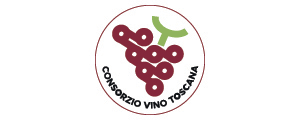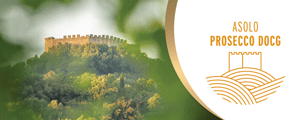While Europe agriculture and wine sector is sketching out a post-2028 future which seems distant but is, in fact, just around the corner, and with measures under discussion that much of the agricultural and wine world dislikes (from resource cuts to the Single Fund, to the “re-nationalization” of interventions, and even the possibility of financing also vineyard uprooting with Ocm funds, ed), the path to boosting the long-term competitiveness of Italian wine lies in a strategy based on “promotion, innovation, and responsible consumption, while at the same time defending the sector strategic role in the future CAP post-2027”. This was stated by Confcooperative Fedagripesca, which represents 264 wineries and consortia with an aggregate value of over 5 billion euros and about 40% of national wine production, during the conference “Competitività e futuro del vino italiano” - “Competitiveness and the Future of Italian Wine”, held today in Rome.
Looking at the broader context, according to the latest report by the Oiv - International Organisation of Vine and Wine, presented by Giorgio Delgrosso, responsible of the Department of Statistics and Digital Transformation, global wine production in 2025 is expected to reach 232 million hectoliters, with a slight recovery compared to 2024, though still below the five-year average. Global consumption continues to decline in more mature markets, especially for red wines, while shares of white, rosé, and sparkling wines are growing. “A clear signal - highlights the cooperative federation - of how crucial it is for our companies to explore new paths and adapt to changing consumer tastes and market transformations”.
“The future of Italian wine - declared Luca Rigotti, president of Settore Vitivinicolo Confcooperative - the Wine Sector at Confcooperative - will depend on our ability to build targeted policies, not on chasing emergencies. In the current CAP reform proposal, the wine sector seems destined for a significant paradigm shift. The wine sector intervention, which until now has been mandatory for Member States, risks becoming optional, leaving individual national administrations to decide whether and how to activate it. Wine can’t lose its identity and strategic weight within European agricultural, economic, and environmental policies”. Rigotti stressed how promotion remains the main lever for the competitiveness of cooperative enterprises. “It is certainly positive that among the amendments to the Commission “Pacchetto Vino” - “Wine Package” approved last week by the Comagri Committee of the European Parliament, the proposals long advocated by the cooperative movement have been accepted: raising the funding for promotion programs from 50% to 80%, as well as removing the time limit for campaigns carried out in a given country. This will allow us to maintain a presence in markets and strengthen the Italian wine brand worldwide”. An important step regards openness to innovation. “The market is changing rapidly - added Rigotti - and we must accompany this change. It is time to invest in research, experimentation, and new product types, from dealcoholized wines to those with naturally low alcohol content, enhancing quality and sustainability. Only in this way, we can strengthen the reputation of Italian wine and secure a future for our wineries”.
On equally important issues related to the relationship between wine and health, Raffaele Drei, president of Confcooperative Fedagripesca, commented on the report by Professor Attilio Giacosa, president of Irvas - Istituto per la Ricerca sul Vino, Alimentazione e Salute - Institute for Research on Wine, Food, and Health. “Wine - declared Drei - can’t be equated compared to alcoholic beverages. It is an integral part of our culture and the Mediterranean dietary model, a symbol of balance and conviviality. It is part of our Italian cuisine, which we hope will soon be recognized as Unesco Heritage. We must counter, with scientific rigor, alarmist messages that undermine the sector image and misinform consumers, negatively impacting wine consumption. Abuse is certainly harmful, but moderate and conscious consumption is part of our identity and our nutritional well-being”. Drei concluded with a strong political call for shared responsibility among institutions and the supply chain: “Italian wine can’t resign itself to a “happy decrease” nor be marginalized in the CAP reform. Italy boasts leadership across all market segments: from heroic vineyards to basic sparkling or daily products, through major DOCs and sparkling wines from the Northeast, and it is the only country to offer such biodiversity. A new supply chain policy is needed, supported by adequate resources, effective promotional tools, and a regulatory framework which recognizes the strategic role of wine in agriculture and the European economy”.
Copyright © 2000/2026
Contatti: info@winenews.it
Seguici anche su Twitter: @WineNewsIt
Seguici anche su Facebook: @winenewsit
Questo articolo è tratto dall'archivio di WineNews - Tutti i diritti riservati - Copyright © 2000/2026










